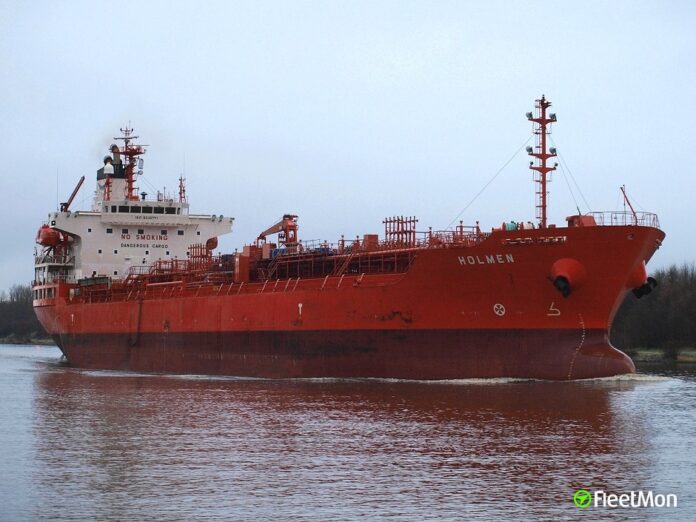In a concerning development, a land-based cruise missile launched from Houthi-controlled Yemen has struck a commercial tanker vessel named STRINDA.
The incident occurred approximately 60 miles north of the strategically significant Bab al-Mandab Strait, a critical maritime passage connecting the Red Sea to the Gulf of Aden.
Fortunately, there were no reported casualties, but the attack has raised alarms about the safety of international shipping in the region.
U.S. defence officials revealed that the missile strike caused a fire and damage to the vessel.
The U.S. Navy destroyer Mason swiftly responded, being on the scene to provide aid and support. The nature and extent of the damage inflicted on the STRINDA remain unclear at this time.
The Houthi movement in Yemen has been actively targeting international shipping, heightening tensions amid the broader regional conflict, particularly the Israel-Hamas war.
In a troubling escalation, the Houthis declared their intention to target all ships heading to Israel, irrespective of their nationality. Furthermore, they issued a warning to international shipping companies against engaging with Israeli ports.
The STRINDA, the latest victim of such attacks, prompts questions about its potential ties to Israel. It remains unclear whether the vessel had any affiliations with Israel or if it was en route to an Israeli port at the time of the attack.
The ambiguity surrounding these details underscores the complex geopolitical landscape and the broader implications of such targeted assaults on maritime traffic.
The Bab al-Mandab Strait is a vital waterway, and any disruptions to shipping in this region have far-reaching consequences for global trade and energy transportation.
The attack on the STRINDA adds to the growing list of incidents that threaten vessels’ safety and security navigating these strategically significant waters.
As the situation unfolds, international authorities and maritime organizations will likely assess the impact of this latest attack and explore measures to ensure the safety of commercial shipping in the region.
The incident serves as a stark reminder of the challenges posed by regional conflicts to the freedom of navigation and the need for concerted efforts to address these threats and maintain stability in critical maritime routes.
This article was created using automation technology and was thoroughly edited and fact-checked by one of our editorial staff members

